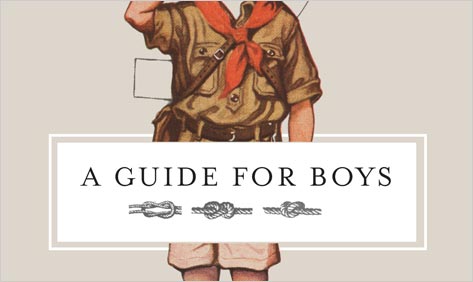Useless Landscape: A Guide for Boys

In this mordantly funny, gorgeous, and bittersweet fifth book, D. A. Powell probes a lesser-seen California, a bleakly lovely Central Valley, where sprawl meets almond orchards and chaparral edges freeways. Here also are “the judge’s house, the chicken farm, / a migratory camp, a flesh motel / a stucco digs…” — desert and semi-deserted places, western, crude, where “live oak begs relief / from hardened light.” In Powell’s verses, landscape, gnarled and blooming, takes center stage, but fields and fringes also lead us round to sex. Bodies join in industrial fruit tree fields and rural back alleys; in bathhouses, in riverfront parks.
One poem, “Landscape with Combine,” a sassy, punning sonnet invites us out to one of those fields, singing:
My father’s fields are far from here.
I shot my share of blackbirds there.
Drove a harvester in summer.
Gathered plums.
Gathered chums.
The tractor-trailer rigs would come.
Having crooned, the poem inserts desire:
If I was asked to ride the John Deere then.
To reap, I’d reap; to thresh I’d thresh. Men,
I’d winnow you, I’d winnow a few.
I’d take you, dear John, or whoever is you.
But just when we’re riding the poem’s rhythm, it ends, bitingly, suddenly:
Love is easier to achieve than you might think. Sooner
or later the combine gives out. & Sooner.
Powell’s texts are full of raunchy riffs, but they’re also scathing, blistered with the injustices of California, the built-over beauty of California, the dead ends of California. A haunting poem entitled only “A Brief History of Internment” reads “Hence the wild daikon. / We’ve made the landscape mean here. / And then we put down roots.” In another poem, the kiwi fruit arrives from Australia, just as Central Valley boys, barely ripened themselves, are sent to Vietnam. The poem, a tight, sad, sonnet, admires the fragile “downy nutsacks” of the fruit; then it says of the boys, “they all went to bliss in their little skiff.”
Tart bliss indeed. In that poem, Powell claims “I may never understand the intersection of small & large / conquest and defeat.”None of us may ever fully comprehend this cartography, but Powell, a master of mapping the crevicular spaces of land, body, and poem, keeps making discoveries.
These poems — deeply local but extending their tendrils beyond the small towns they spring from — surprise and unsettle us even as they feel like natural extensions of the deepest American traditions. Rural iambs upend and recall Frost, and the spaces where land and sex and anonymous men meet recall Whitman. But Californian strangeness, bald cul-de-sacs, and fading farmland give Powell something new and hardened, seductive and sad. And also ruefully hopeful. As Powell reminds us in the opening poem, “Just when we think we’ve been punished enough, / there’s a bounty to contend with — ” In this case, the bounty is Powell’s own.